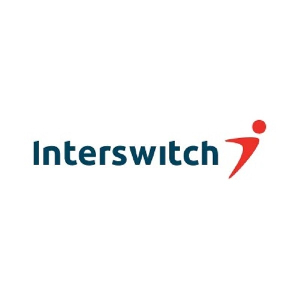The Central Bank of Nigeria (CBN) yesterday increased the benchmark interest rate by 100 basis points from 16.5 per cent to 17.5 per cent. It was the apex bank’s fifth consecutive increase of the interest rate in seven meetings.
At the end of its Monetary Policy Committee (MPC) meeting, Governor of Central Bank of Nigeria (CBN), Mr. Godiwn Emefiele announced a further aggressive tightening of rates. MPC raised the benchmark Monetary Policy Rate (MPR) by 100 basis points to 17.5 per cent, retained Liquidity Ratio at 30 per cent and Cash Reserve Ratio (CRR) at 32.5 per cent.
The Nation had earlier reported that the apex bank might raise the benchmark interest rate, despite the decline in inflation rate in December 2022.
Explaining what informed the rate hike, Emefiele said “we soon found out that inflation was still going on but the headline on year-on-year basis we saw food inflation coming down but at the same time we still saw inflation growing month on month. For us it is not time to celebrate yet”.
He noted that despite the drop in inflation in December to 21.34 per cent there was “no reason to celebrate” as a result it was better to tighten interest rate and suffer the consequences now until when inflation drops to the target of seven to ten percent, then the CBN will consider loosening or moderating interest rates.
Experts yesterday agreed that the rate hike would further compound the challenges facing the real sector of the economy, with negative spillovers to other sectors.
Managing Director, Center for the Promotion of Private Emterprise (CPPE), Dr. Muda Yusuf, said the hike would hurt investors in the real economy.
Yusuf, an economist, noted that the implication was that lending rates would increase for investors that are indebted to the banks.
This, he further said, would further imply an increase in operating and production costs, adding that the hike would ultimately impact adversely on economic growth.
“Challenges of access and cost of credit by small businesses would be further elevated. Monetary Policy tightening has very limited impact on inflation. This is not a credit driven economy. Consumer credit is not on a scale to be reckoned with,” Yusuf explained.
An economist and financial analysts, Michael Adigun, said the 100 basis points interest rates hike would add to the rising operating cost for manufacturers who will pay more for loans.
He said although the decision of the MPC was to continually curb inflation, but that should not be the expense of real sector growth.
According to him, the rates hike would punish local industries which borrow locally and are struggling to achieve previous levels of production post Covid-19.
“I want to see the banks also raise netters on savings to balance the equation. That is what I expect the CBN to monitor and see that the impact on the people is drastically reduced,” Adigun said.
Other analysts said that by retaining the Cash Reserve Ratio at 27.5 per cent and liquidity ratio at 30 per cent could help win the inflation battle quicker.
Business News of Wednesday, 25 January 2023
Source: thenationonlineng.net













